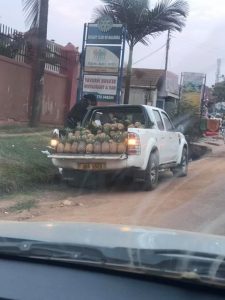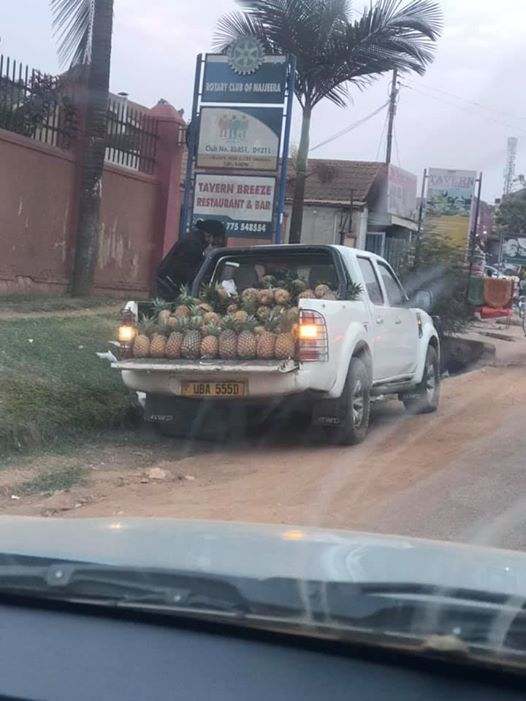By Denis Jjuuko
There is an increasing number of Ugandans especially in Kampala starting roadside businesses since the partial lifting of the lockdown. On the roads to the suburbs where people live, there are more people selling fruits, liquid soap, and other such household items.
Some look like people who have been formally employed before given their dress code and some how they speak. Some vend from fancy and expensive vehicles. With many jobs lost, this is a good thing.
Over the weekend, there was a post circulating on social media (mainly Whatsapp) where somebody was inquiring what business they could do with start up capital of Shs150,000. Some people ridiculed the post as something impossible while others argued it was possible.
I thought of businesses one could start with Shs150,000 and came up with 10 of them. In no particular order, here they are.
Fruits vending
60 passion fruits (Masaka type) are retailed at Shs10,000. This means that one can start such a business. So with Shs150,000 one can start with more than 15 packs of 60 fruits.
An apple is sold at about Shs1,000 at whole sale prices and retailed at Shs1500. So one can start selling them with 140 apples.
Many other fruits can be sold with the said start up capital.
Toilet paper
Toilet paper vending in traffic is common these days. Retail prices range from Shs10,000 to Shs20,000 depending on the quality and location. This is another business one can start with Shs150,000.
Liquid soap
Making liquid soap is so easy and ingredients are readily available. One just needs to learn how to make it. A 5-litre jerrycan is sold at Shs10,000. This means that one can easily start the business with 75 litres.
Shoe shinning
The new normal of working from home seems not to be working. Offices are open again and Kampala is full of people. The dust in Kampala isn’t about to go away. So this is one business one can be able to start with Shs150,000 if they identified a busy location.
Household supplies
If you identify a few families in your neighborhood, you can start supplying them with household items. With a capital of Shs150,000 you can buy stuff from the market and you are paid on delivery.
Hair plaiting
Once you have the skill, you can identify a salon which you sub rent per a hour whenever you have a client. The capital is then used to purchase hair braids or weaves. Where weaves are more expensive, you simply ask a client to pay in advance or identify a shop where you can get them on credit.

Fresh beans and peas vending
In Kampala’s traffic, you can easily vend fresh beans, peas and vegetables all of which you can start with Shs150,000 or less. You can also identify buildings with many offices and ask for permission to deliver to clients in their vehicles as they depart after work.
Bricks and sand supplies
A small tipper (Elf) carries about 800 bricks. Each brick made out of ordinary soil is about Shs150. You can hire a truck and deliver them to people’s construction sites at a profit. You can also deliver sand to sites.
Social media influencer
I assume you already have a smartphone. You can start a business of tweeting, and making posts for organisations and individuals. Many of those standing for election don’t know a thing about social media. You can start making favourable posts for them. All you need is data and OTT. If you don’t have a phone, you can still get an affordable one.
Cleaning services
There is need for cleaning services in homes and business premises. You simply need soap and some pieces of cloth all of which cost less than Shs150,000. You can even employ other people to help. Where you need machines such as vacuum cleaners or high pressure pumps, you can hire them. Imagine if you negotiated with an office block and they allowed you to wash cars as office people worked, you could easily clean 10 cars a day earning Shs100,000 a day for at least five days. You can also hire brush cutters to slash compounds.
There are hundreds of other business ideas one can start with Shs150,000. I just picked these ones.
The writer is a Communication and Visibility Consultant. djjuuko@gmail.com










